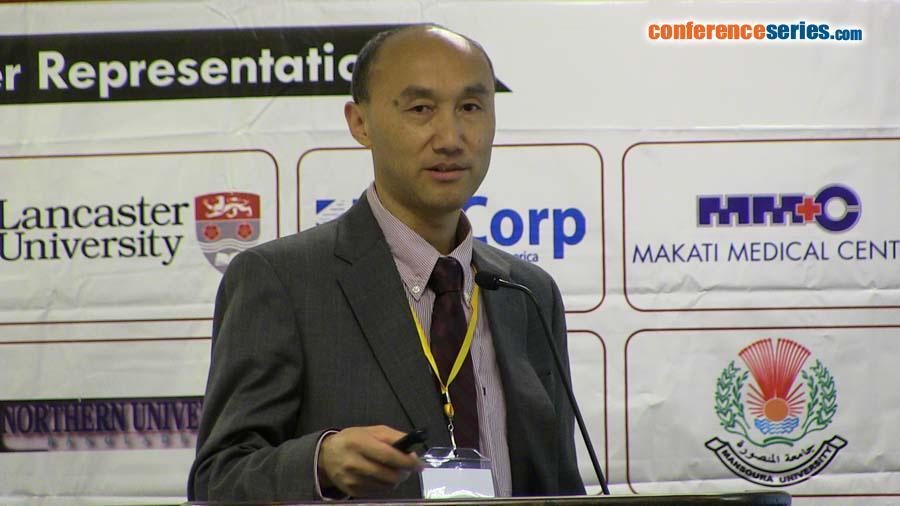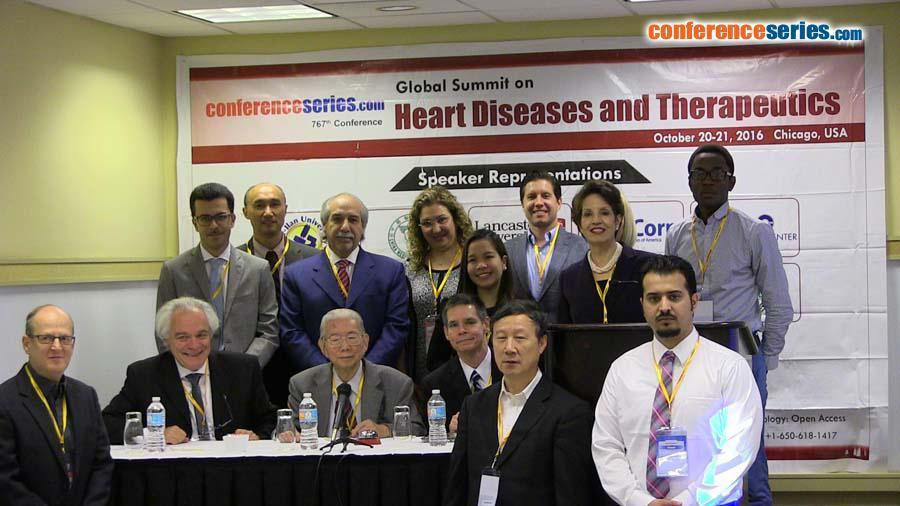
Yanggan Wang
Wuhan University, China
Title: The role of CaMKII in regulation of cardiac function in heart failure
Biography
Biography: Yanggan Wang
Abstract
The excessive activation of calmodulin-dependent protein kinase II (CaMKII) plays a key role in heart failure (HF) development. As a result, CaMKII becomes a novel therapeutic target. Here, we studied alterations of systolic and diastolic function, β-adrenergic regulation and exercise tolerance in pressure overload HF mice after acute and 1 week chronic CaMKII inhibition. Pressure overload HF was induced by severe thoracic aortic banding (sTAB), while cardiac function was monitored by M-mode echocardiography. CaMKII inhibitor KN93 was given intraperitoneally to HF mice for one time (acute inhibition) and once a day for continuous 7 days (chronic inhibition), respectively. Acute and chronic CaMKII inhibition improved systolic function but the diastolic function was reduced, especially for the chronic inhibition, manifested by the increase in E/Em ratio and site of left atrium. We have tested the effects of CaMKII inhibition on adrenergic stimulation in HF mice by isoproterenol (ISO) injection or 10 min swimming before and after acute and chronic CaMKII inhibition, We found that chronic CaMKII inhibition significantly enhanced the positive inotropic effect of ISO or swimming with a recovery of β1-AR expression illustrated by Western blots. An interesting finding was that after acute CaMKII inhibition, the HF mice started sinking in water in several seconds of swimming. Chronic inhibition of CaMKII improved systolic function, adrenergic regulation and exercise tolerance in HF mice. The diastolic function is impaired, which is more prominent for acute CaMKII inhibition.



